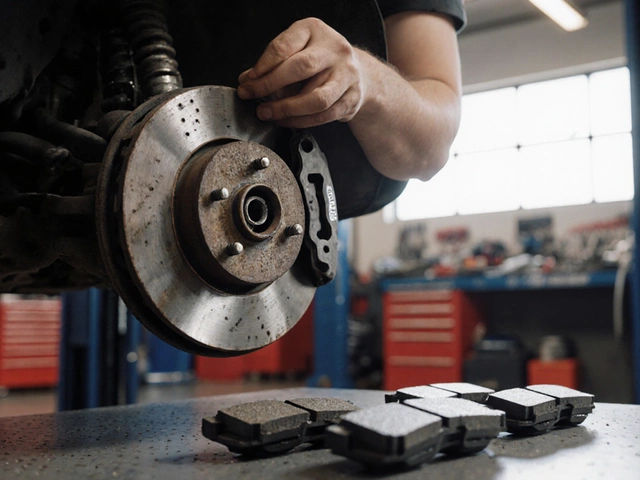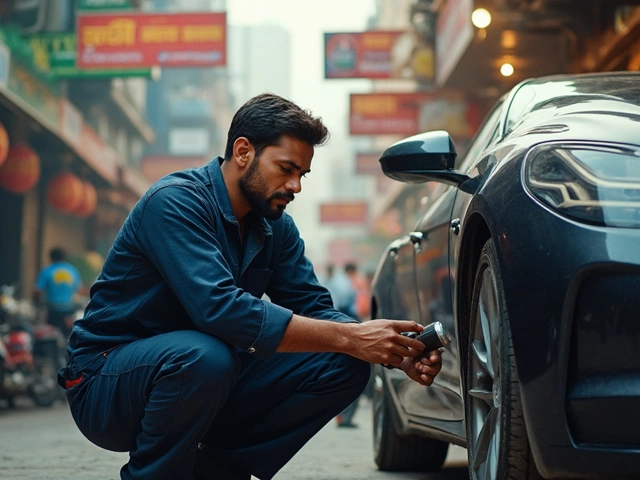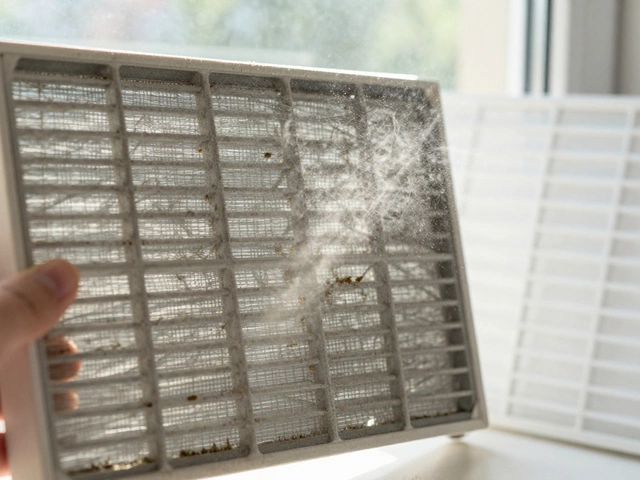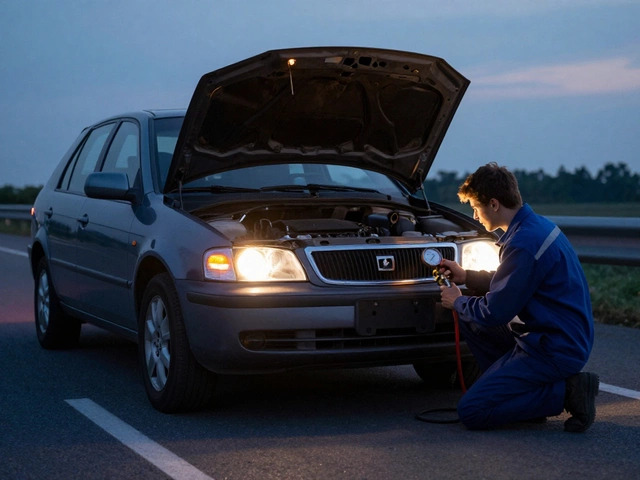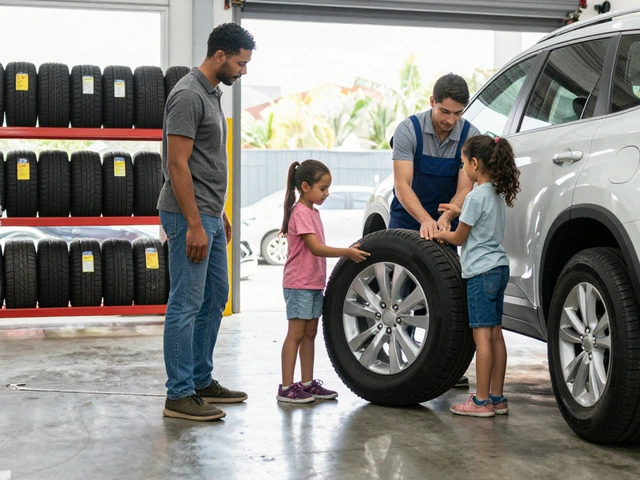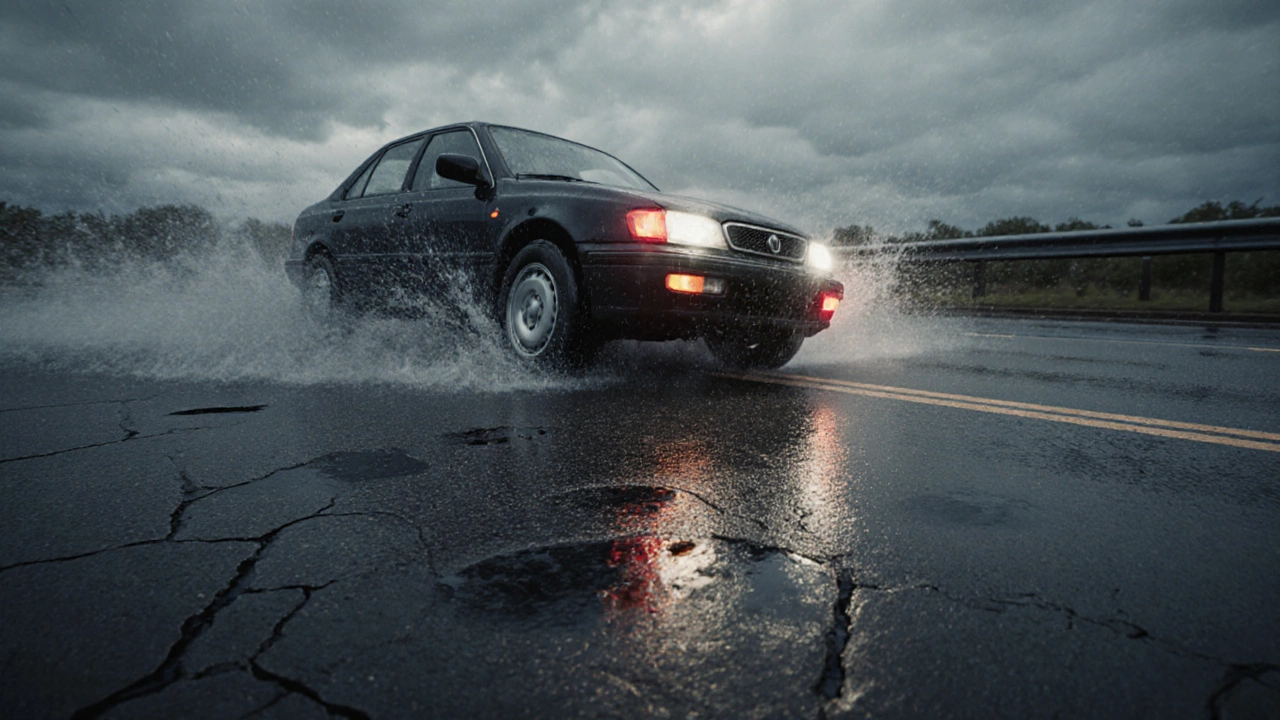
Unsafe Driving: Risks, Consequences, and How to Stay Safe on Indian Roads
When you drive recklessly, you're not just putting yourself at risk—you're unsafe driving, a pattern of behavior that increases accident risk and accelerates vehicle wear. Also known as aggressive driving, it’s the silent killer of car parts across India’s busy roads. It’s not just about speeding or tailgating. It’s the habit of riding the clutch, slamming the brakes, ignoring warning sounds, or pushing a car past its limits. These actions don’t just endanger lives—they turn routine maintenance into expensive repairs.
Take the clutch, a critical component that connects the engine to the transmission. Also known as clutch kit, it’s designed to handle smooth shifts, not constant slipping or "clutch kicking." Unsafe driving habits like resting your foot on the pedal or revving in traffic wear it out in half the time. A clutch that should last 80,000 miles can fail before 40,000 if you drive like you’re racing. And when it goes, you’re looking at thousands in replacement costs—money you could’ve saved by simply letting up on the pedal. The same goes for brake pads, the friction material that stops your car. Also known as brake pad replacement components, they’re meant for gradual stopping, not panic stops every few minutes. Constant hard braking turns them into dust faster, warps rotors, and strains the entire braking system. Signs like squealing, vibration, or longer stopping distances aren’t just annoyances—they’re red flags you’re damaging your car through poor habits. Then there’s the suspension, the system that keeps your tires on the road over bumps and potholes. Also known as vehicle suspension, it absorbs impacts, not punishment. Hitting every pothole at speed, overloading your car, or ignoring worn shocks turns minor noises into major failures. A broken suspension doesn’t just make the ride rough—it makes the car unpredictable and dangerous. And don’t forget the fuel pump, the component that delivers fuel to your engine. Also known as failing fuel pump, it’s sensitive to debris and pressure changes. Aggressive driving can cause fuel starvation, especially in low-tank situations, leading to overheating and eventual pump failure. That whining noise you hear? It’s not just annoying—it’s your car screaming for help.
Unsafe driving doesn’t just cost money—it costs peace of mind. Every time you ignore a strange sound, delay a brake check, or treat your clutch like a gear shifter, you’re building toward a breakdown. The posts below show you exactly how these failures happen, what they cost, and how to spot them before it’s too late. You’ll learn how to read your car’s warnings, avoid common mistakes, and drive in a way that keeps your vehicle alive and your wallet full.
-
21 Nov

